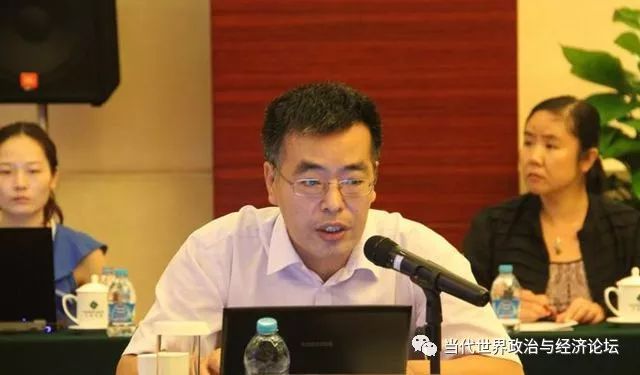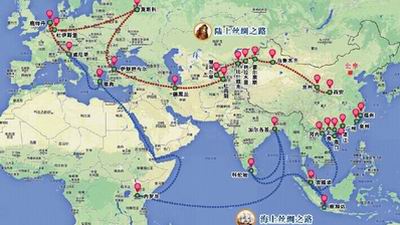Georgia could become the Black Sea base of the Belt and Road Initiative.
Due to these and other milestones, some predict that as mutual trust between China and Georgia continues to rise, the trading partnership continues to tighten, and cooperation in every field keeps growing in scope and depth, Georgia could become the Black Sea base of the Belt and Road Initiative.
Armenia
The smallest of the South Caucasus countries, Armenia has a population of 3 million and is a completely landlocked country. Due to a very complicated history between the two, Armenia and Turkey hold deep grudges against each other, while Armenia and Azerbaijan are involved in a thus‑far unresolved territorial dispute. Today, Armenia has yet to establish normal diplomatic relations with Turkey and Azerbaijan, causing this country, which is starved of natural resources, to remain relatively poor in terms of economic self‑reliance. In 2013, when China proposed the Belt and Road Initiative, Armenia’s GDP was only $11.1 billion, with a GDP per capita ranked 113th globally and fixed capital formation growing negatively at ‑7.75 percent. However, one area of opportunity lies in its large diaspora in Europe and the Americas, which is mostly relatively wealthy. The role of this diaspora and associated remittances in helping Armenia develop international economic ties and trade is quite clear.
China has had many interactions with Armenia throughout history. Since 1991, when Armenia regained independence, Beijing and Yerevan have maintained a positive posture for developing ties in the political, economic, cultural, and other sectors, as well as gaining a high level of bilateral and multilateral cooperation in international affairs. According to Armenia, from 2010 to 2013, trade between China and Armenia has been around $400 million annually, growing to $588 million in 2014, backsliding to below $500 million in 2015 and 2016. In March 2015, the two countries signed a three‑year local currency swap agreement of 1 billion renminbi (or 77 billion dram) in order to further encourage bilateral trade, commerce, and direct investment.
According to China’s Ministry of Commerce, as of the end of 2015, the total volume of China’s direct investment in Armenia is $7.51 million. Few Chinese firms are present in Armenia: those that are there mostly partake in equipment sales and project contracting. Other than Huawei and ZTE—two Chinese firms which provide telecommunications products and services to Armenia—most other projects are currently in the planning stage. Fortune Oil from Hong Kong SAR had successfully obtained mining rights in Armenia, but due to the persistently low international price of iron ore, was forced to temporarily close its Armenia office in 2018.
Although the trading volume between the two countries has remained stagnant for a number of years and the volume of investment remain negligible, China has maintained for many years the position of Armenia’s second‑largest trading partner. Armenia continues to consider China an important trading partner. Therefore, Armenia participates in the Belt and Road Initiative with great enthusiasm.






